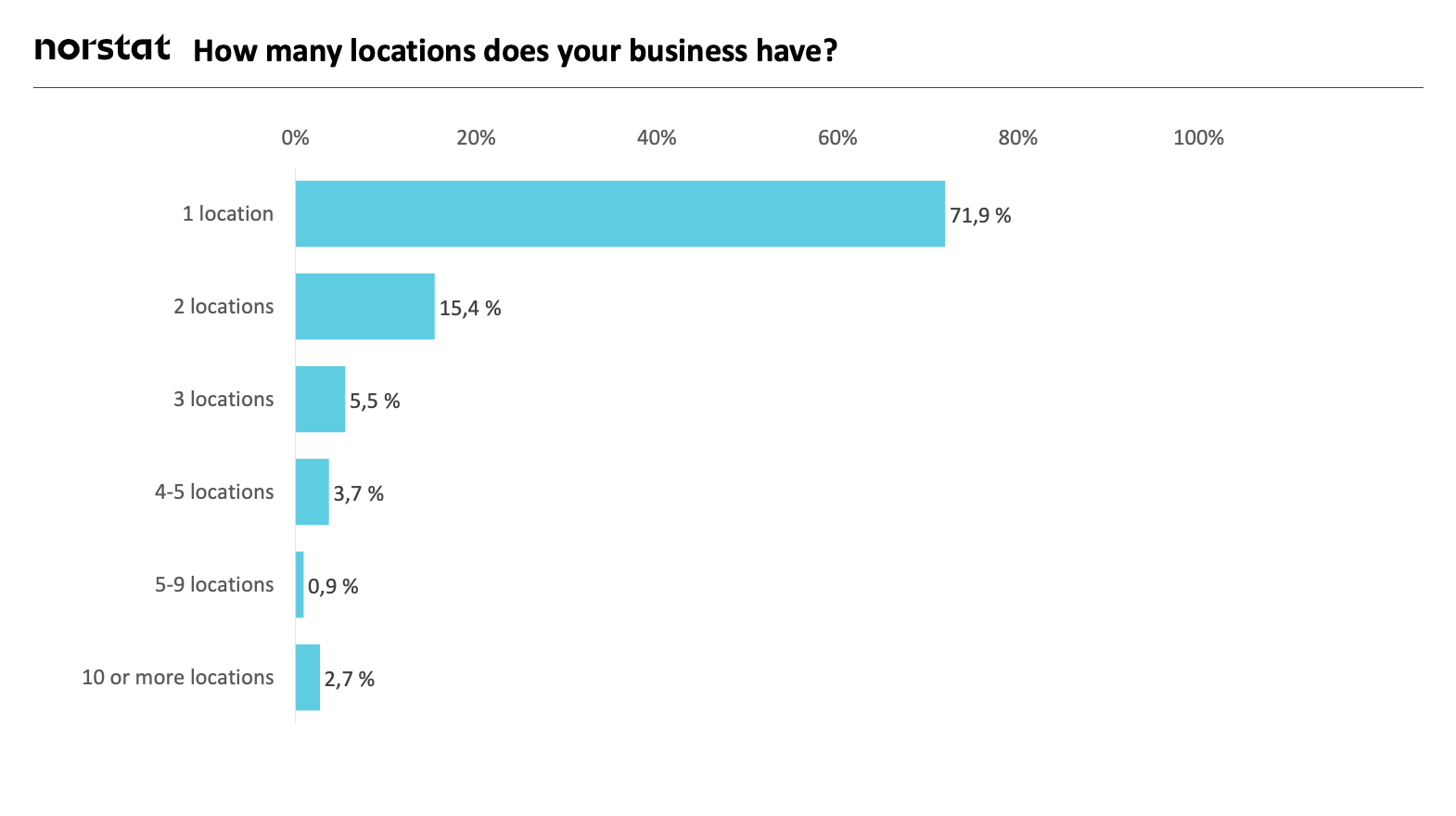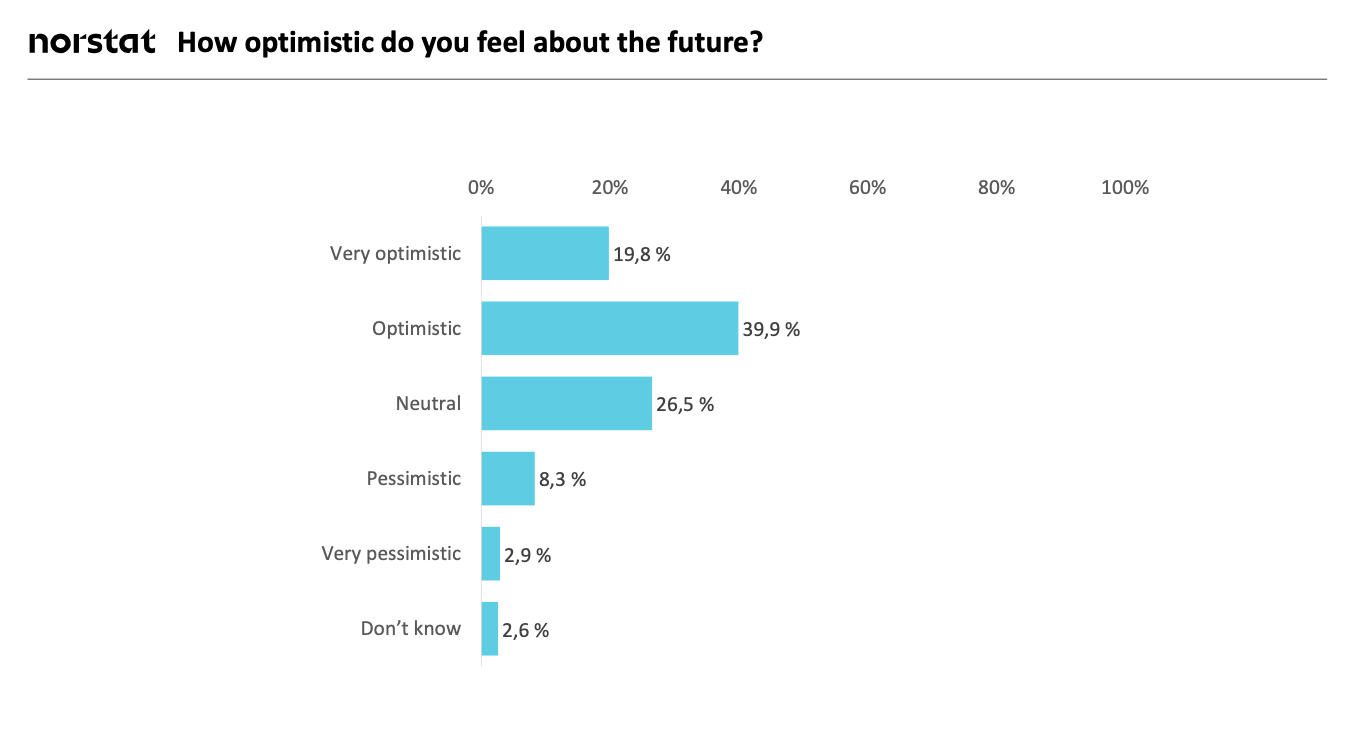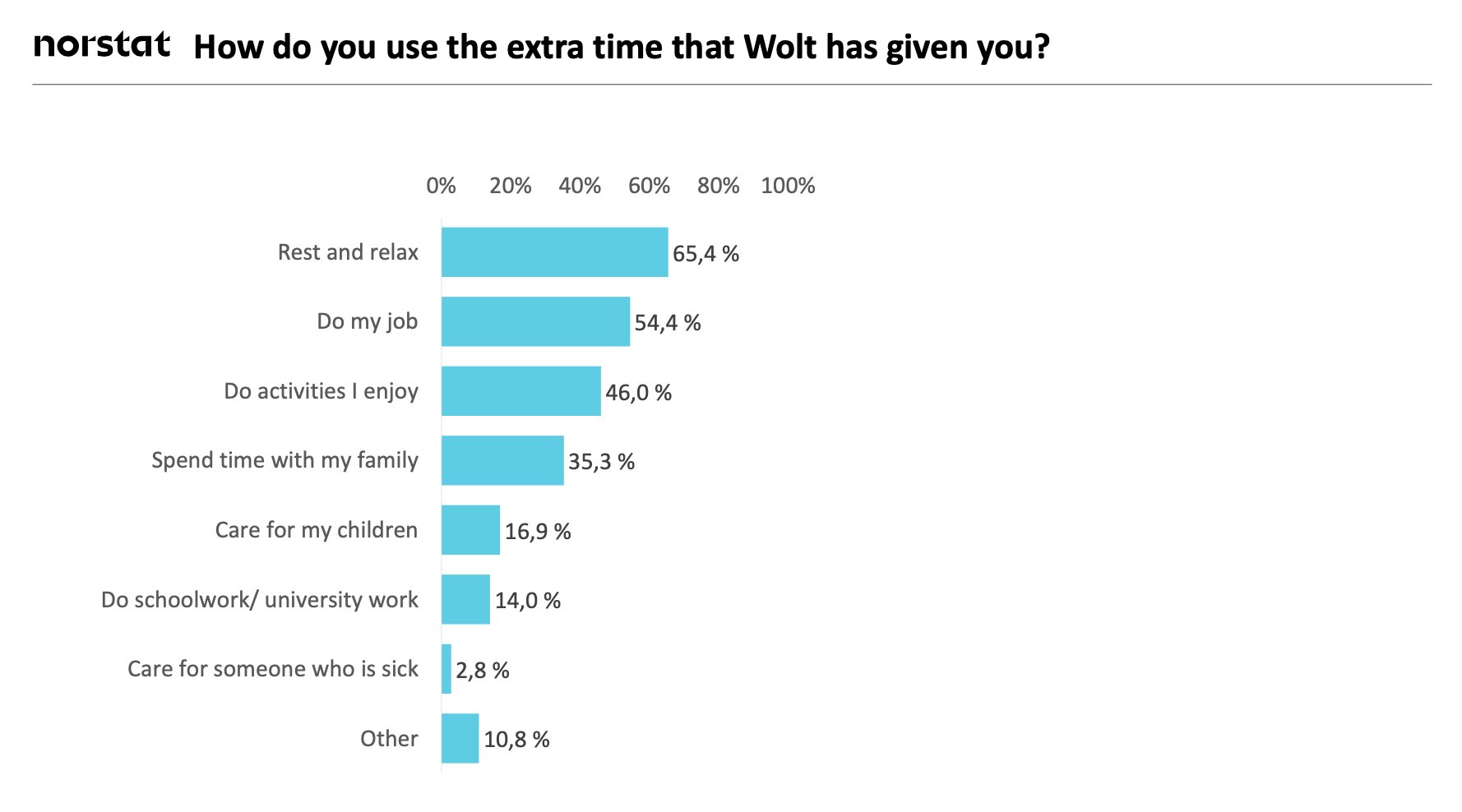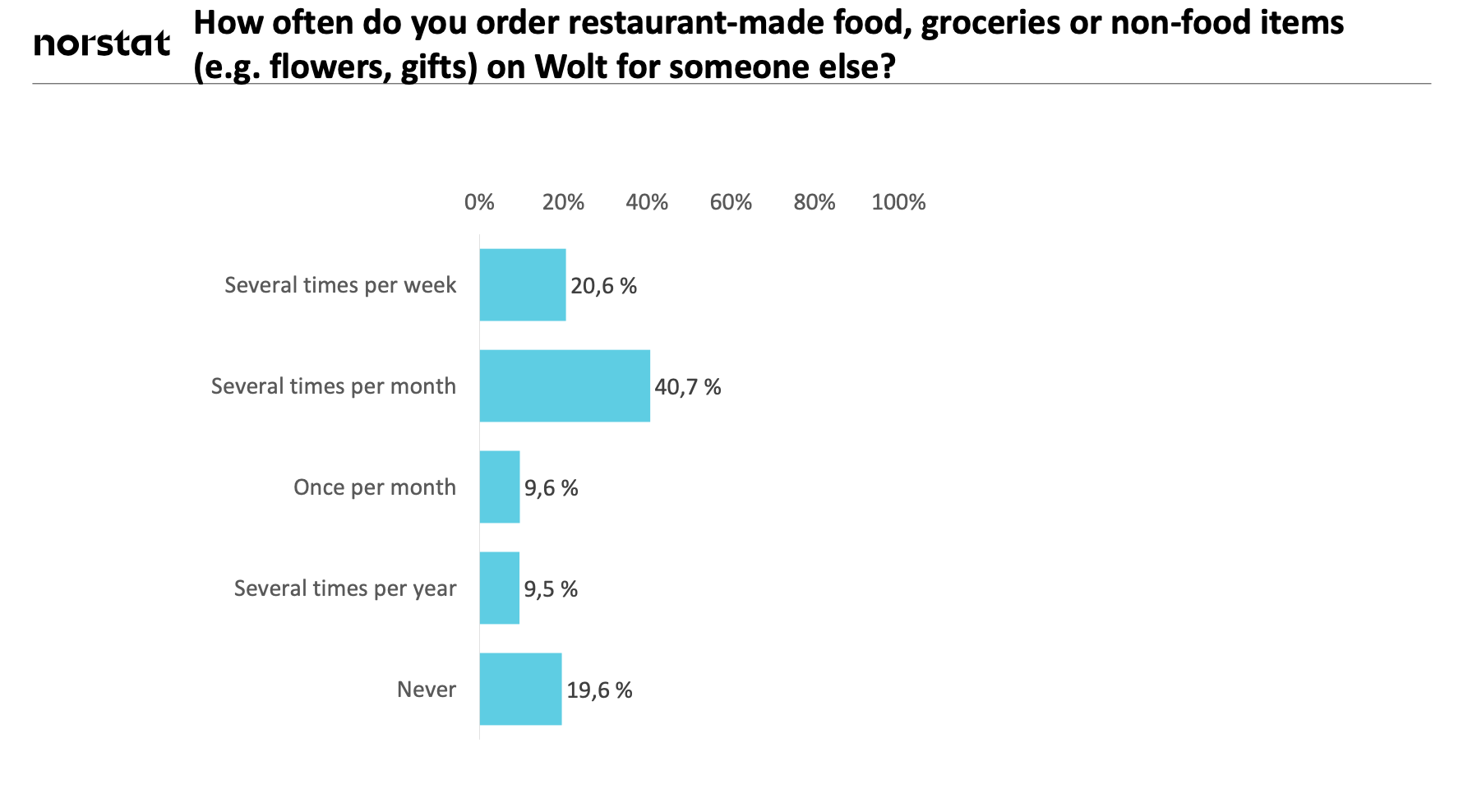With over € 3B of sales generated in 2022, Wolt’s role for local businesses has become significant

Wolt’s blue delivery bags have already become a part of the street view in more than 500 cities around the world.
Not only has ordering become drastically more frequent, but people today also expect almost anything – from groceries to over-the-counter medication, toys and electronics – to arrive at their doorstep within minutes after placing the order.
The shift has created a massive opportunity for local businesses as people are doing more and more online shopping, yet doing so locally.
This is also why the impact of local commerce and platforms like Wolt is growing rapidly. They help busy people save time – and local shops get access to people who are ready to shop online. As platforms provide the technology, payments, logistics and customer service, the merchant partner can focus on what they do best without having to invest into building an online shop on their own.
The speed of the change has been extremely fast, and services like us have a big impact on people and local communities. In this post we dive deeper into our impact, and share what we’ve been working on:
- Local commerce survey: We commissioned Norstat, an independent market research company, to survey our customers and merchant partners in 23 markets. The surveys were carried out between May and August in 2023, and they received more than 4,000 answers (3,371 recently active customers and 807 independent merchant partners) in total.
- Sharing Wolt’s numbers: We have studied our 2022 numbers to better understand (and explain) our scale and direct impact on local economies. While these numbers give a high-level view of Wolt’s impact, we hope they help estimate the wider industry’s role.
- Bringing merchants and EU policymakers together: We are organizing a two-day event where our merchant partners meet the European Commission and speak at the European Parliament about why and how they use online platforms like Wolt to grow their business, but also to shed light on the challenges small local merchants face today and what they expect from policy-makers and their elected officials. (More about this a bit later!)
In this post, we focus on Wolt (our own numbers) as well as our customers and merchant partners who were part of our local commerce survey. You can read more about courier partners and their thoughts here (a recent study by Taloustutkimus) and here (Meet our partners).
Bird’s-eye view: Over 3 billion euros of sales generated across 500 cities just last year
The adoption of local commerce has been rapid, making it challenging to grasp just how big of an impact it has on people, businesses, and local economies at large.
To give you an idea: Wolt launched in Helsinki with 10 restaurants in 2015. In less than a decade our impact has grown to this:
- Wolt is available in 25 countries and 500+ cities
- Over 10 million consumers made 150 million orders
- Over 3 billion EUR in total sales generated for 120,000+ merchant partners in 2022
- Over 750 million EUR paid to 180,000+ courier partners in 2022
- Total sales on the Wolt platform generated over 450 million EUR in taxes in 2022
- Retail growth year over year: over 150%
- Groceries growth year over year: over 200%
The popularity of platforms and last-mile delivery is not showing signs of slowing down either, with many of the companies taking on new areas, such as clothing, electronics, pharmacy products and more.
86% of Wolt’s merchants are small businesses – platforms serve as growth engines for local companies
Let’s first look at who are the over 800 partners (retailers and restaurant owners) from 23 countries that took the survey.
- 86% are small businesses, 11% are medium-sized businesses and 3% are bigger enterprises.
- 87% of the 800+ respondents to the survey had only 1–2 locations for their current business. 11% had between 3–9 locations whilst only 3% had more than 10 locations.

To better understand how partners think about platforms and their overall role, we asked them to rate a series of statements about Wolt on a scale from 1 (= strongly agree) to 5 (=strongly disagree). We learned, for example, that:
- Platforms bring value to the wider industry: 64% agreed that third-party delivery (e.g. Wolt) provides value to the industry they operate in. Only 14% disagreed while 22% remained neutral.
- Platforms help merchants reach customers online: In fact, 35% said they would not have an online business without Wolt or other delivery platform services.
- Wolt’s services are recommended by most: Around 3 out of 5 (58%) agreed that they had recommended partnering with Wolt to other businesses. 26% were neutral while only 16% disagreed with the statement.
We also asked our partners about the business impact platforms have. The results suggest that platforms serve as a growth engine.
- New customers and increased revenue are the top benefits: When asked about the top benefits of using Wolt, 72% said reaching new customers and 50% said increasing revenue. Third place went to Wolt being a great marketing tool with 25%.
- Platforms are the biggest source of sales after in-venue sales: We asked our partners to estimate how much of their overall sales in the last two weeks came from different sources. In-venue sales took the first place with a whopping 57%, while third-party delivery – i.e. services like Wolt – reached 24%. Third-party delivery was more than the partner’s own delivery (7%) and takeout (12%) combined.
What about the future, then?

To map out key objectives our partners have (besides increasing profits and revenue), we presented them with a list of options from which they could choose all fitting options.
- Basic needs are strong: 67% picked increasing customer base, 51% simply staying in business and 23% not having to let employees go.
- Expansion is strong on the small business’ agenda: 43% said they’d like to open new venues, 35% create new business lines or offerings and 28% hire more people.
While merchants show optimism and platforms help them grow, many hope for more support also from the policymaker side:
- 86,1% said they’d hope for more support from the EU (or their local government in non-EU countries), while 90,5% agreed there should be a concrete strategy to support small and medium-sized businesses.
80 million hours back for something else – a glimpse on how and why people use platforms
Over the years, we’ve learned that one of the most important reasons for using Wolt is saving time. In the customer-focused survey, 77% of the respondents agree that Wolt gives them time back for other activities.
Here’s how people use that time:

(If we assume that prepping a meal takes around 35 minutes, we estimate that Wolt managed to save consumers 80 million hours in total in 2022.)
People use Wolt also to provide for family members, friends or loved-ones: Nearly two-thirds (62%) of consumers are using Wolt several times per month to order food, groceries, or non-food items for someone else.

People use Wolt to find new restaurants and shops – and become regulars: 85% of the respondents say that Wolt has helped them find restaurants they would not have tried otherwise. Moreover, 84% ordered from the venue again using Wolt. Comparable numbers for retail were 28% and 72%.
Online platforms drive in-store sales: 41% agree that Wolt allows them to buy from their local neighborhood instead of using global e-commerce platforms. 40% are neutral, and only 19% disagree.
Looking ahead: Local commerce can make cities better
What to make out of all that data, you might be asking. From our perspective, there’s at least three important takeaways:
1) Platforms like Wolt have an increasing positive impact on cities. Over the past years, 30-minute delivery has become a normal part of everyday life for people and local businesses in many parts of the world. As delivery expands into new areas and continues to grow in popularity, the impact it has will only get bigger and more diverse. The urge to better understand our role in the cities we operate in was the main reason why we did the first-ever local commerce survey, and we need to continue tracking the impact.
2) Local commerce is a major shift that benefits local small and medium-sized businesses. Facilitated by platforms like Wolt and their fast last-mile logistics, local commerce is a huge opportunity for local businesses as it means people buy more and more locally while online. However, small merchants lack the resources to operate their own last-mile deliveries or webshops, creating what we call “the delivery gap”. Platforms help bridge this gap by offering easy and fast access to world-class tools used by the world’s leading e-commerce players.
3) We need to work together to get the best out of local commerce. As the area is relatively new and constantly evolving, we believe it’s crucial for companies, cities and local communities to work together to create an even bigger and more positive impact on the city and its people. Establishing it as its own respective, quickly growing area is a good starting point for this work.




